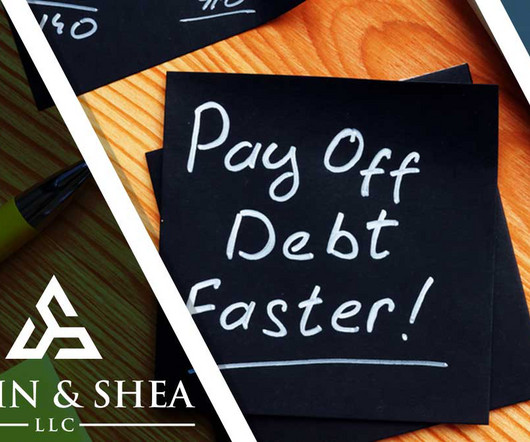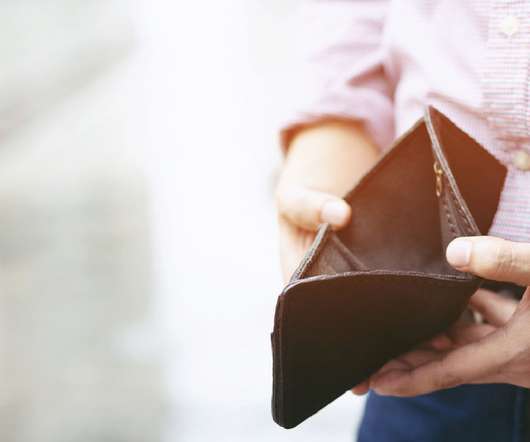Consumer Debt vs. Non Consumer Debt
Sawin & Shea
SEPTEMBER 14, 2022
When filing Chapter 7 or Chapter 13 bankruptcy, it’s critical to understand the difference between consumer debt and non-consumer debt. If you’re considering filing Chapter 7 or Chapter 13 bankruptcy, consider enlisting the help of skilled bankruptcy attorneys.














Let's personalize your content